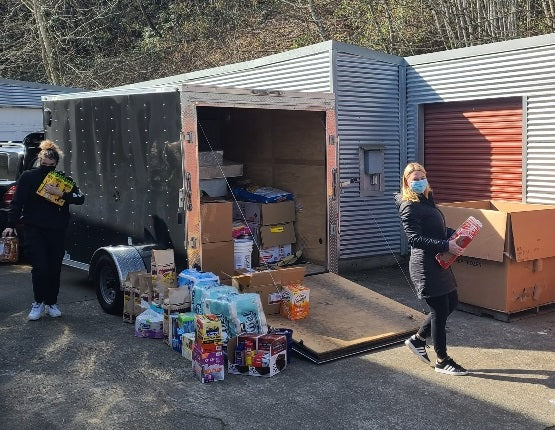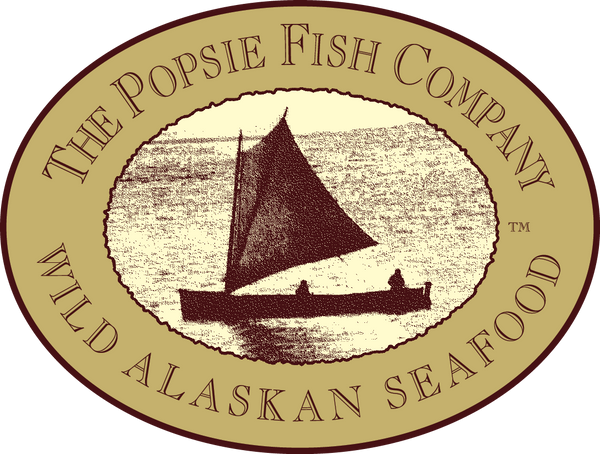
Planning for Fish Camp
There are no roads to our Fish camp in Bristol Bay. No town. No stores. Just clusters of cabins and outbuildings nestled in the dunes and atop bluffs along a six mile stretch of desolate beach.
Small charter planes occasionally land on the hard packed sand, delivering seasonal workers, luggage, and eagerly awaited mail. Everything else fishers needs for the eight week Sockeye season arrives by barge and takes a year of careful preparation.
Throughout the summer we take inventory of everything in camp, from batteries to bagels, Band-Aids to barrels of diesel. List upon list, spreadsheet upon spreadsheet. Meal planning notes, measurements for future building projects, lists of specialized fishing gear that needs replacing or upgrading.
In the late winter we start "buyout" for the next season, ordering items from Amazon, Home Depot, and Western Marine, to be staged in our shed in Portland. We comb Craigslist for used Honda Fourtrax four wheelers, hauling them home in our truck and testing them out in the Oregon dunes. We work with a Costco business center near Seattle, who pull eight weeks of nonperishable meal ingredients, snacks, condiments, and toiletries to be stacked and shrink wrapped on pallets. We drive store to store in Portland, hunting down that favorite pickle relish we add to our salmon salad, the special adhesive we use for patching rafts, a new paint color for our cabin's front door. We contact vendors, consult calendars, coordinate dates.
Then in March we load everything from our shed into our 6x12 enclosed trailer and drive three hours to Seattle. We meet our pre-arranged Costco delivery at the Port of Seattle and load everything from the pallets and trailer into giant "dry" or "frozen" cardboard crates, which are then fork lifted into Alaska Marine Line shipping containers. The containers are eventually loaded on the huge barge that leaves Seattle mid-March and arrives at the reload in Naknek, Alaska a month later.



From there, the containers are sorted onto smaller barges headed to fish processing plants all over Bristol Bay. Our barge has to wait until high tide to make it into the mouth of Big Creek and to the dock of our fish processor, where it is off loaded and stored along with their supplies and those of other fishers.
In early June, our first crew arrive and drive four wheelers towing flatbed trailers down the beach to the plant. They load our freight on the trailer and drive it back to our camp. From there it's sorted into our food cache, mechanics shed, net room, and personal cabins, ready for use.
When the season shifts into high gear a few weeks later and we are are fishing every tide, we pull off our wet gear, forgetting for a moment how far that pair of fishing gloves, that cleansing soap, that hot burger or cold beer traveled so many months ago.
Written by: Sarah O'Neill
